
Grad fund showcases Velocity’s role in entrepreneurship for health and wellbeing
Find out which life-changing ideas earned three grad students a share of $35K and entrance in the Velocity Garage

Find out which life-changing ideas earned three grad students a share of $35K and entrance in the Velocity Garage
By S. Toman University RelationsGraduate students at Waterloo are all working on solving important problems. But finding the right person, solving the right problem, at the right time has the special potential to become a business that can change people’s lives.
This past winter, the Velocity Graduate Student Startup Fund competition went looking for Waterloo graduate students whose research showed great commercial promise. What they found were three students, a water security expert, a pharmaceutical pioneer and a gamer fighting loneliness, ready to turn their research into a company.
I think there was a turning point in my PhD when I realized this could be more than an academic pursuit,” says Jason Deglint, a Systems Design Engineering student and founder of Blue Lion Labs. His team had just placed first in a national water security science competition called AquaHacking. “That made us realize we were on to something big.
That something is analyzing algae in water samples using a custom microscope and artificial intelligence. Currently, determining what types of algae are in water samples, and how to treat that water, requires a professional taxonomist to analyze that sample. It’s time-consuming, tedious and requires a skill set, not every community can access.
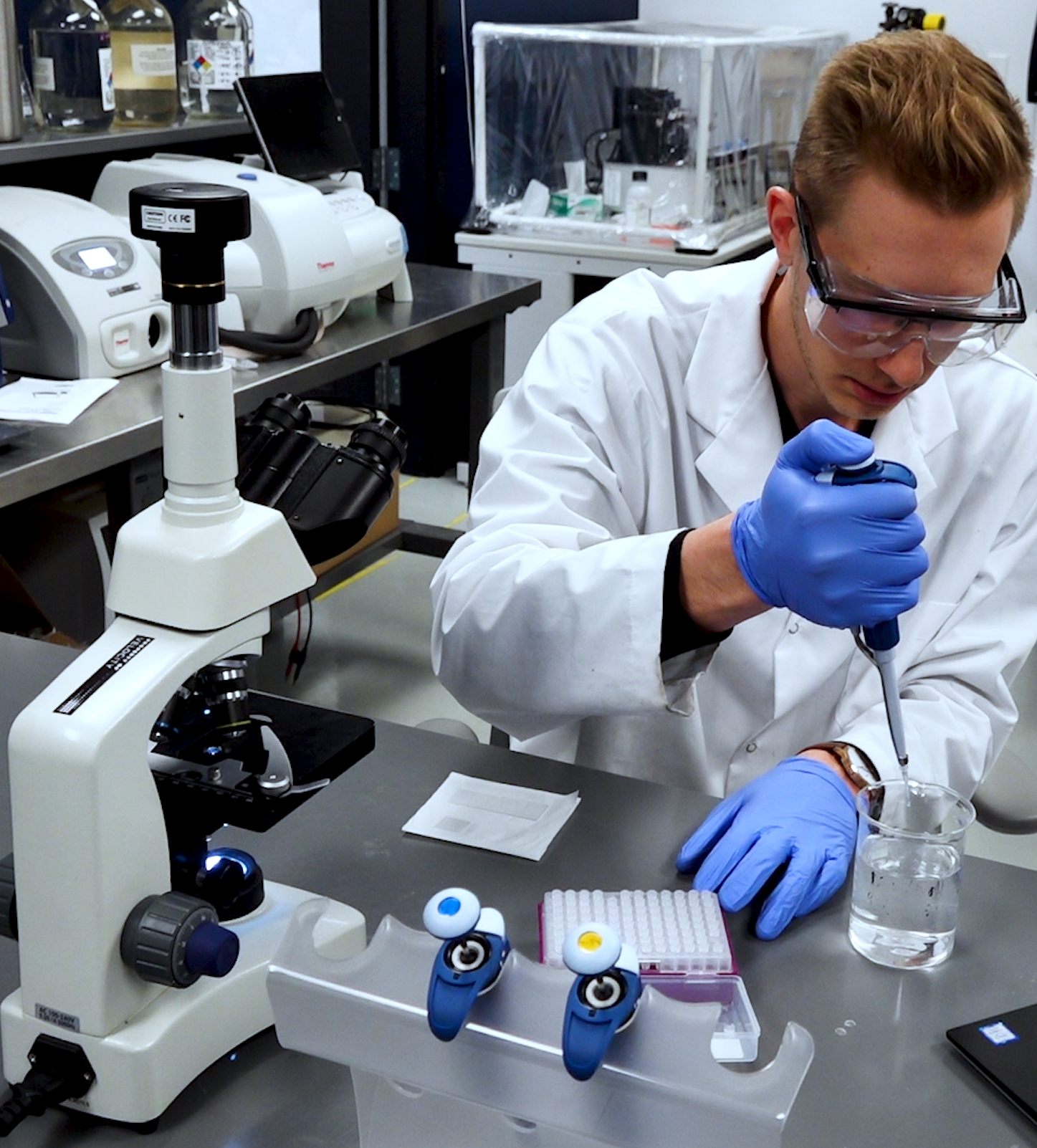 What Deglint and the Velocity judges both understood was that poor water quality is having a severe impact on a lot of different industries around the world — especially in developing countries. Recreation, tourism, beaches, cottages and marine wildlife are all at risk. But most importantly our drinking water is impacted by dangerous neurotoxins produced by certain algae blooms if they remain untreated.
What Deglint and the Velocity judges both understood was that poor water quality is having a severe impact on a lot of different industries around the world — especially in developing countries. Recreation, tourism, beaches, cottages and marine wildlife are all at risk. But most importantly our drinking water is impacted by dangerous neurotoxins produced by certain algae blooms if they remain untreated.
By awarding the PhD student $20,000 for his water security startup Velocity is signaling an evolution towards health and wellbeing for Waterloo’s top entrepreneurship program.
“We have seen an increasing number of students want to improve the world by building products and companies to solve societal challenges,” says Adrien Côté, science lead and business advisor at Velocity. “It’s exciting because not only can a positive change actually be brought into the world but it’s good business.”
Kumari Trinavee, a Masters student in Mechanical and Mechatronics Engineering, also has human wellbeing in mind as the founder of InnovaEncaps. She took home the $10,000 prize for her idea to make medicine more effective using nanotechnology to encapsulate drugs. The efficacy of a drug often relies on the timing with which it’s released into the body. Her drug capsule technology allows new drug formulations and treatments that, once ingested, release strategically over time to treat an illness.
“Before joining Waterloo, I never had any ideas about entrepreneurship. The environment that I found at Waterloo really inspired me to come forward,” says Trinavee, who recently moved to Waterloo from her home in India.
Trinavee’s experience mirrors what led Velocity alumnus Sam Pasupalak to create the annual graduate fund with a generous donation to support students whose unlikely journey to commercialization reflected his own. Pasupalak grew up in the small town of Bhubaneswar in eastern India, he didn’t know anything about entrepreneurship. He was more interested in learning Sanskrit or playing cricket.
But after coming to Waterloo and sneaking into a talk on campus with Bill Gates he was inspired to turn his research into a business. Nine years later, and with the support of Velocity, Pasupalak became a multimillionaire upon selling Maluuba, his pioneering AI speech recognition company to Microsoft — the company Gates founded.
Both Gates and Pasupalak are charting a course for how entrepreneurship can make the world better.
After leaving Microsoft, Gates donated large amounts of money to various charitable organizations through the Bill & Melinda Gates Foundation. Including working with Rotary International to eliminate polio.
Since selling Maluuba, Pasupalak returned to India to perform social service. One of his many gifts to Waterloo was a scholarship focusing on AI through Women in Computer Science, an AI Fellowship at the AI Lab renovation.
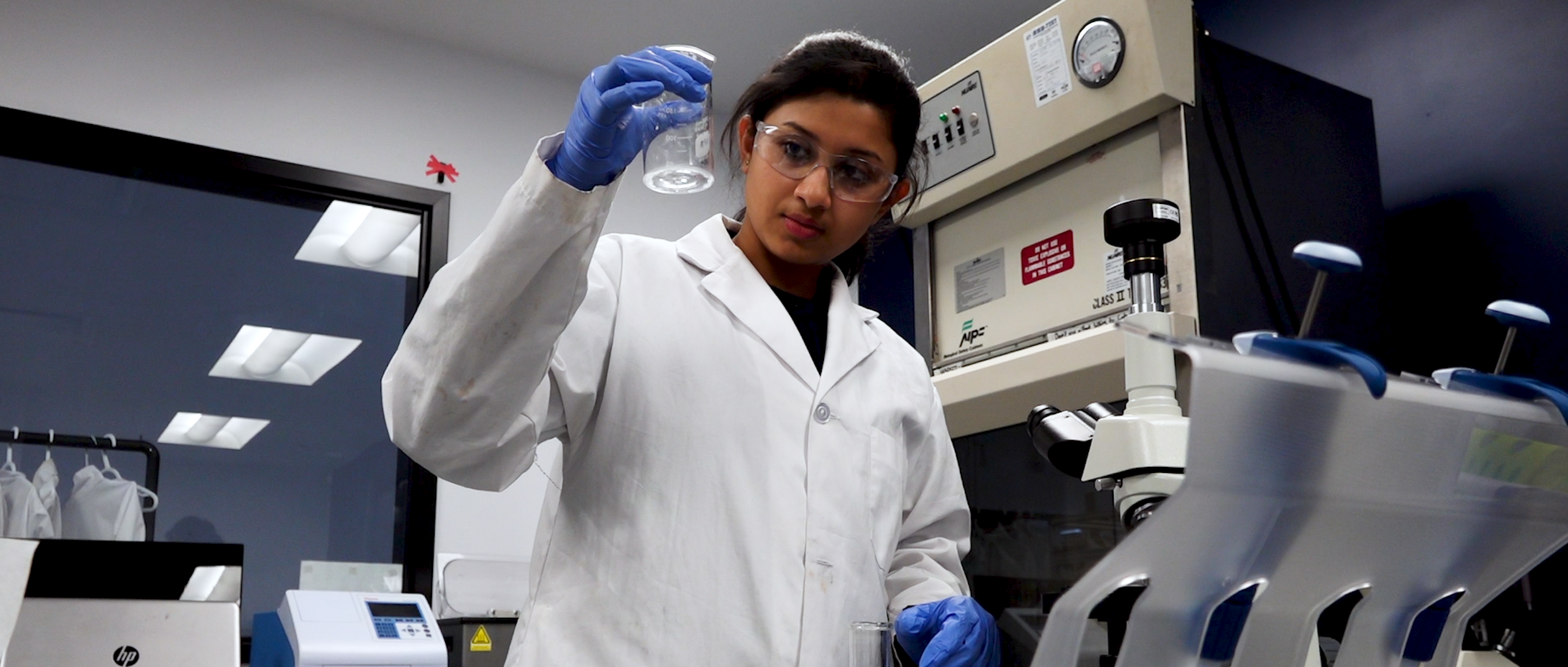 Trinavee and the other winners of the Velocity Graduate Student Startup Fund directly benefit from the idea that early stage support for life-saving ideas can get them where innovation is needed as fast as possible. “Products delivering true societal good also stand as a basis to build durable, IP-rich, and scalable companies.”
Trinavee and the other winners of the Velocity Graduate Student Startup Fund directly benefit from the idea that early stage support for life-saving ideas can get them where innovation is needed as fast as possible. “Products delivering true societal good also stand as a basis to build durable, IP-rich, and scalable companies.”
It’s that kind of advice and insight that helps define what makes Velocity different than other entrepreneurship programs.
“It’s not just the prize money we won. It’s the support, knowledge mentorship that comes with it. This made the entire group quite motivated to work on it and make it the breakthrough technology in the market,” Trinavee says. “The day we did the acid test for our experiment, we found it was a success. We understood that it was a million-dollar idea.”
John Harris, a PhD candidate in Computer Science part of Waterloo’s Games Institute, won the $5,000 prize for his company called The Playful Pixel. His idea is to blend large-scale social play experiences combining the best of board games and video games. It might sound like a standard video game startup, but The Playful Pixel has a surprising social mission.
“The problem we’re solving? It depends how philosophical you want to get,” says Harris. One could say that we’ve never been more connected, and yet we’ve never been more disconnected. We’ve got all of these different social networks and all of these devices and phones, but we spend less time with our neighbors and fellow citizens. The Playful Pixel is hoping to bring that back.”
Harris wants to make a community space for the modern age. Not everyone likes board games or video games. But everyone has a skill, and most people want some form of play. So why not create a mass social gathering where everyone works together on games? It encourages face-to-face collaboration and empowers every player to deploy their special skill to win. Writers write, puzzlers solve, chess masters strategize and everybody has fun solving a problem together, in person.
“We don’t do lindy hop dances anymore. Bowling is pretty cool, but I think we can do even better,” he says. “I think we’ve got some pretty cool ideas to bring people together.”
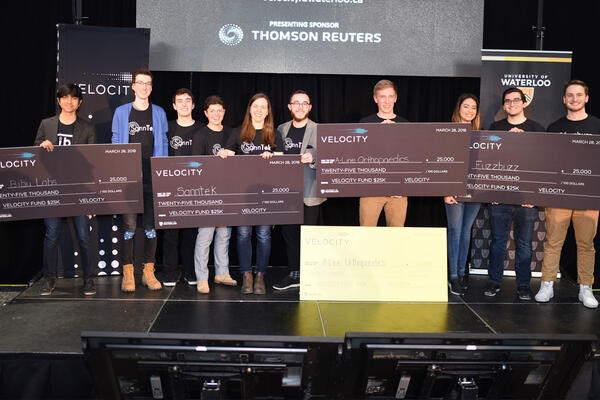
Read more
Second time's a charm for returning competitor A-Line Orthopaedics.
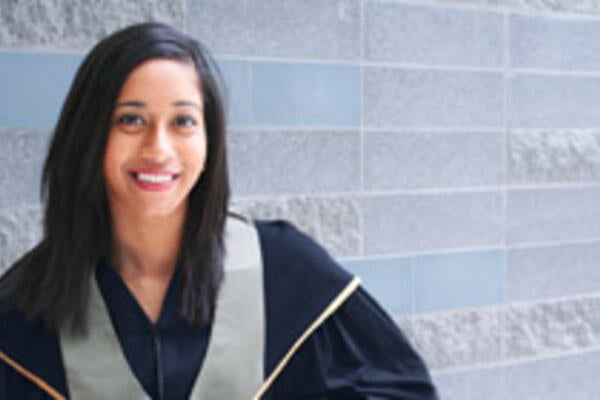
Read more
Heidi Fernandes was inspired after helping to establish medical clinics in an impoverished community in Peru
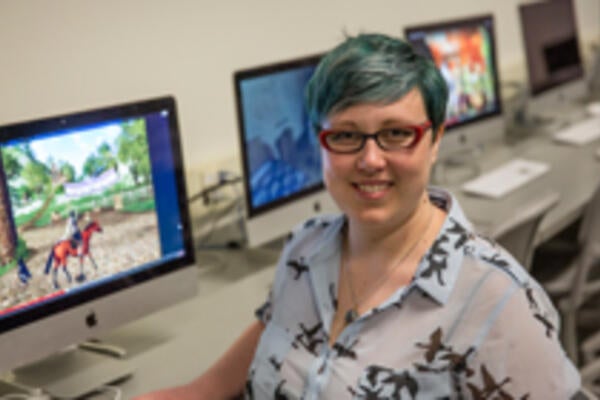
Read more
Waterloo researchers establish GI Janes group to raise profile of women in gaming
The University of Waterloo acknowledges that much of our work takes place on the traditional territory of the Neutral, Anishinaabeg, and Haudenosaunee peoples. Our main campus is situated on the Haldimand Tract, the land granted to the Six Nations that includes six miles on each side of the Grand River. Our active work toward reconciliation takes place across our campuses through research, learning, teaching, and community building, and is co-ordinated within the Office of Indigenous Relations.